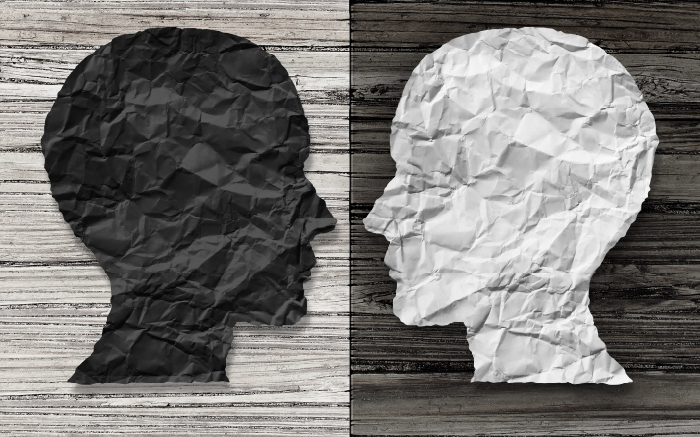Depression is a multifaceted mental health disorder that affects millions of people worldwide. While its external symptoms may be apparent, understanding what goes on inside the mind of someone experiencing depression is the first step for effective treatment and support.
The Neurobiological Basis of Depression
At the core of depression lies a complex web of neurobiological factors. Research has shown that alterations in brain structure and function play a significant role in the development of depression. The areas of the brain that are most affected by depression are the prefrontal cortex, amygdala, and hippocampus.
Dysregulation of neurotransmitter systems, such as serotonin, dopamine, and norepinephrine, also contributes to depressive symptoms. These neurobiological changes can affect mood regulation, emotional processing, and stress response, creating a predisposition for depression.
The Role of Genetics
Genetics also play a role in the dynamics of depression. Studies have identified genetic variations associated with an increased risk of depression, highlighting the hereditary nature of the disorder. However, depression is not solely determined by genetics.
Environmental factors, such as childhood trauma, chronic stress, and social adversity, can interact with genetic predispositions to influence the onset and severity of depression. Understanding the genetic basis of depression can inform personalized treatment approaches and interventions tailored to individual needs.
Psychological Mechanisms
Depression is not just a result of biological factors but is influenced by psychological factors. Negative thinking patterns, cognitive distortions, and poor coping strategies can worsen symptoms and hinder recovery. People with depression often dwell on negative thoughts and emotions without finding solutions or relief. This rumination can worsen feelings of hopelessness, trapping individuals in a cycle of despair.
Psychotherapy, such as cognitive-behavioral therapy (CBT) and mindfulness-based approaches, aims to address these psychological mechanisms and promote healthier thought patterns and coping strategies.
Emotional Regulation
Emotional dysregulation is a big feature of depression, characterized by intense emotions that are difficult to manage. Individuals with depression may experience heightened sensitivity to negative stimuli and struggle to regulate their emotions. This volatility can lead to mood swings, irritability, and feelings of overwhelm.
Developing skills in emotion regulation through therapy and mindfulness practices can help individuals better cope with distressing emotions and reduce the severity of depressive symptoms.
Social and Environmental Influences
Social and environmental factors also play a significant role in shaping the dynamics of depression. Social support and interpersonal relationships are crucial protective factors against depression, providing emotional validation, companionship, and practical assistance during difficult times.
Conversely, social isolation, loneliness, and interpersonal conflicts can exacerbate depressive symptoms and increase the risk of developing depression. Environmental stressors, such as financial difficulties, job insecurity, and traumatic events, can trigger or exacerbate depressive episodes, highlighting the interconnectedness of external stressors and internal processes in depression.
The Cycle of Depression
Depression often manifests as a vicious cycle, with symptoms feeding into and reinforcing each other. For example, feelings of fatigue and low energy may lead to social withdrawal and decreased engagement in pleasurable activities, further exacerbating feelings of isolation and sadness.
This cycle can perpetuate depressive symptoms and make it challenging to break free from the grip of depression. Understanding this cycle is essential for developing targeted interventions that disrupt negative patterns and promote positive change.
The dynamics of depression are complex and multifaceted, involving a combination of neurobiological, genetic, psychological, and environmental factors. By understanding what goes on inside the mind of someone experiencing depression, we can better tailor treatment approaches and support strategies to address the underlying mechanisms of the disorder.
Through a holistic understanding of depression, we can work towards promoting mental health and well-being for all individuals affected by this challenging condition.






